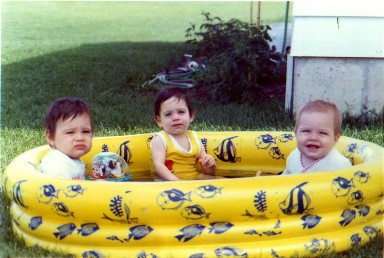NPR's weird science
My blood pressure ticked upward this morning as I lay in bed listening to NPR. They had a segment on the Dover, PA, Intelligent Design case. Problem is, they had Barbara Bradley-Hagerty, their religion correspondent, cover it, and in Maslov's science classroom, she gets low marks.
First, she repeated without qualification the creationists' mantra that "Evolution is a theory, not fact." This perpetuates the popular misunderstanding of what constitutes a scientific theory. Used colloquially, theory can mean "speculation" or "conjecture." But a theory, as scientists use the word, is a well-tested model that explains observed phenomena. All scientific facts are provisional, awaiting counterexample; a theory is the closest thing science has to a fact. New theories that have not faced much challenge are often thought of as weak, but theories such as Darwinian Evolution that have withstood close scrutiny over a long period of time are considered strong.
The other thing that annoyed me about the NPR piece is that a pollster was cited as having found that a majority of Americans support the teaching of both Intelligent Design and Darwinian Evolution in the classroom; therefore, Bradley-Hagerty suggested, teaching both "theories" constitutes good education. Wrong! Science is not a popularity contest. Intelligent Design asks questions that are not scientific in nature. It is not science, and it is not an appropriate subject for a science class, particularly if taught as a competing theory. The poll only demonstrates its respondents' ignorance on scientific matters.


